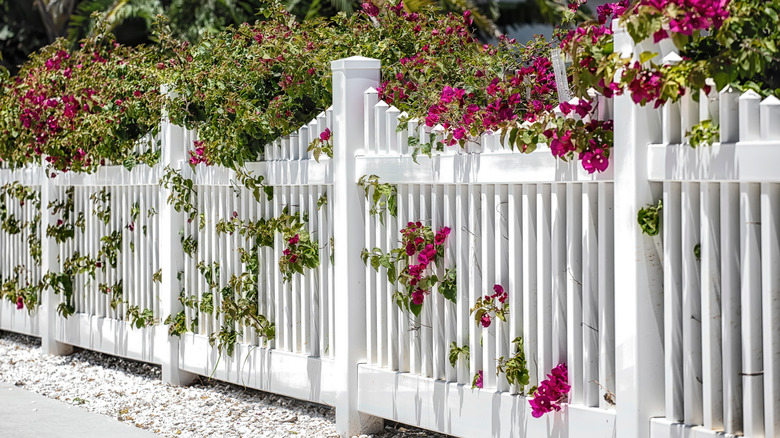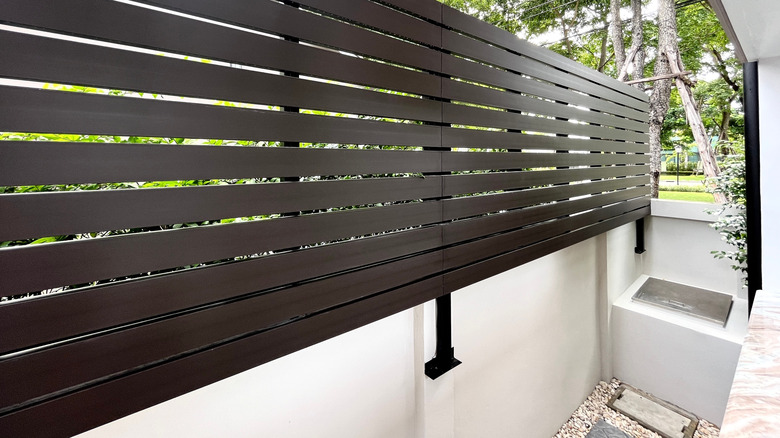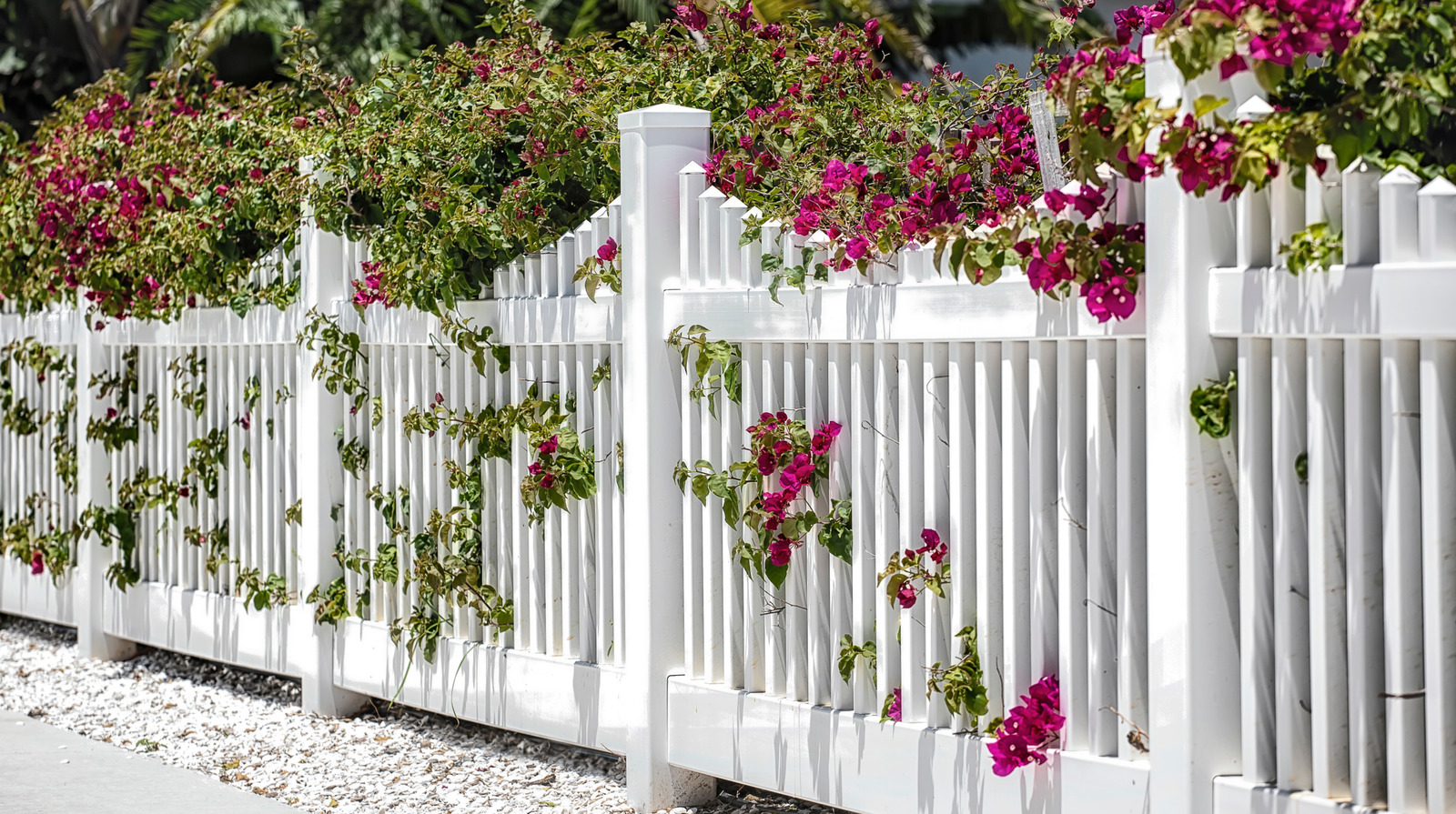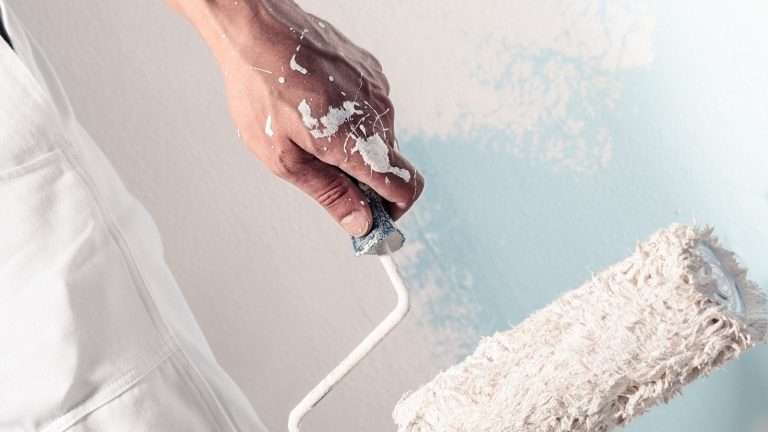
It’s no surprise that vinyl fencing is a popular choice. It comes in a wide array of styles, is easy to maintain, and offers excellent durability, making it great value for money. In fact, vinyl is a top choice among the types of fencing that can instantly enhance your curb appeal. However, since vinyl, properly known as polyvinyl chloride or PVC, is a type of plastic, some people worry about their fence warping in hot summer weather.
We’re pleased to reassure them on that front. Although a vinyl fence might contract in cold weather and expand when it’s hot, it typically doesn’t expand enough to cause damage. So, if you’re deciding between a vinyl or wood fence, the weather resistance and low maintenance of vinyl are compelling advantages. While the color might shift slightly after many seasons of exposure, it maintains tremendous structural integrity and should last 20 years or more, regardless of wind, rain, or those prolonged, scorching hot summers.
Why investing in quality vinyl fencing is important to prevent heat problems

The promise of vinyl fencing relies heavily on its quality. As expected, not all vinyl fencing is the same, and there are key aspects to consider. For instance, dark, especially black, vinyl fencing absorbs more heat than lighter colors, potentially increasing damage from full sun exposure.
In such situations, cheaper vinyl fencing might warp, but high-quality products incorporate aluminum inserts or other reinforcements to prevent such issues. Additionally, professional installers will allow for expansion spaces to ensure the fence panels don’t distort with minor movements. Many panels have titanium oxide added during production to protect against harmful UV rays. While it may not directly affect warping, it prevents yellowing, fading, and brittleness. A “lifetime” warranty can be reassuring, but it’s crucial to verify the details. The product might be covered, but not the cost of removal and reinstallation.
Being proactive by using natural planting in front of your vinyl fence can help break up areas impacted by direct sunlight and may be more visually appealing than a continuous plastic barrier. During extreme heat, spraying vinyl surfaces with cold water can lower the temperature, reducing the risk of warping, and also help remove debris to maintain the fence’s condition.
“`






